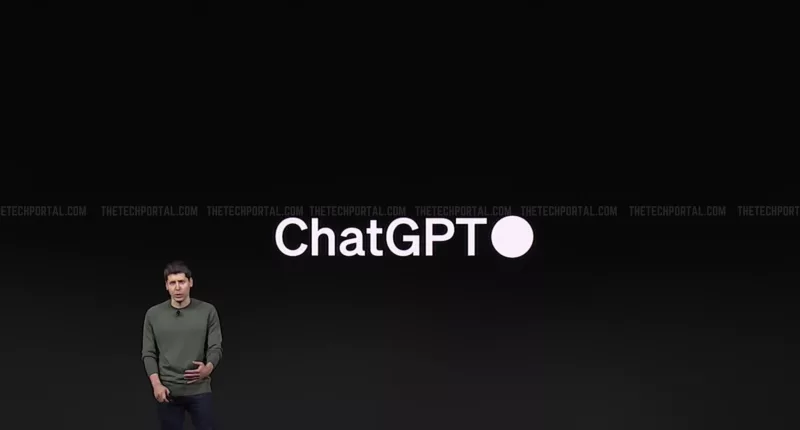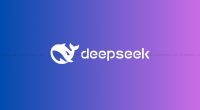The next time users want to check out ChatGPT’s web search tool, they will be able to do even if they do not log in or sign up first. OpenAI has announced that its ChatGPT Search feature is now accessible to all users, with no login required. The announcement, made on Wednesday via X (the erstwhile Twitter), marks a major expansion of OpenAI’s AI-powered web search capabilities.
By December, the feature had been extended to all logged-in free-tier users, but an account was still necessary to use the search functionality. Now, the AI research firm is taking it one step further, and has has removed the sign-in barrier entirely, allowing anyone to access ChatGPT’s real-time search capabilities simply by visiting ChatGPT.com. Unlike Google and other conventional search engines that primarily display ranked lists of web links, ChatGPT Search presents users with AI-generated summaries alongside sourced citations.
The move could well be a direct result of the havoc that China-based Deepseek wrecked across the largely US-dominated, multi-billion AI sector. Deepseek provided credible proof that it is indeed easy to develop large, complex LLMs at fraction of a cost that OpenAI and others project. This has made necessary for the likes of OpenAI, Google, Microsoft and others to speed up their own AI efforts even further and make their offerings more accessible to a wider user group.
Originally branded as SearchGPT, ChatGPT’s search feature aimed to bridge the gap between AI-generated responses and real-time web data. Traditional AI chatbots, including earlier versions of ChatGPT, were restricted to knowledge from their last training update, limiting their ability to provide current and time-sensitive information. The launch of ChatGPT Search addressed this issue by allowing the chatbot to retrieve live information on topics such as sports scores, financial markets, news updates, and weather forecasts. The next major update arrived later, in December, when OpenAI expanded the feature to all free-tier users—though they still had to log into their OpenAI accounts.
By eliminating the need for user authentication, ChatGPT Search seems to be shaping up as a potential competitor to Google — the world’s most dominant search engine. As mentioned earlier, while Google relies on keyword-based searches and ranked web pages, ChatGPT Search uses natural language processing to generate summarized responses based on real-time web data. For users, this means that they can spend less time sifting through multiple links and gain more direct answers to queries. OpenAI states that ChatGPT Search will automatically fetch live web results when needed, though users can also manually trigger searches by selecting the search icon below the chat input field.
In addition to this, the firm has refined the user interface to make ChatGPT Search feel more like a traditional search engine. The latest updates introduce maps, images, and structured descriptions, making it easier for users to find information on local businesses, tourist attractions, and geographic locations — a feature that directly competes with Google’s local search capabilities.
Still, OpenAI and ChatGPT have a long way to go before they stand a chance of dethroning Google’s place in the online search market ecosystem. Google’s search engine maintains its dominance in the sector, and already profits from a massive web indexing infrastructure and proprietary algorithms that rank and filter search results. ChatGPT, on the other hand, remains dependent on external sources for live data, which may limit its ability to provide search results at the same scale as Google. Google itself has been actively incorporating AI into its own search experience in recent times as well – its Search Generative Experience (SGE) maintains Google’s traditional link-based approach and comes with AI-powered enhancements to refine search queries and highlight key insights.
The Tech Portal is published by Blue Box Media Private Limited. Our investors have no influence over our reporting. Read our full Ownership and Funding Disclosure →






